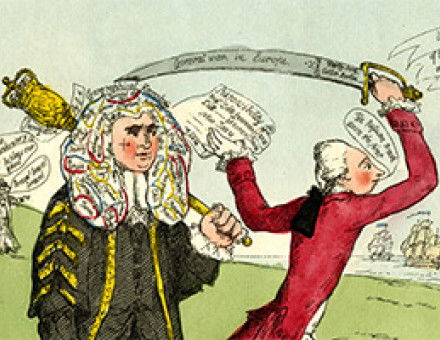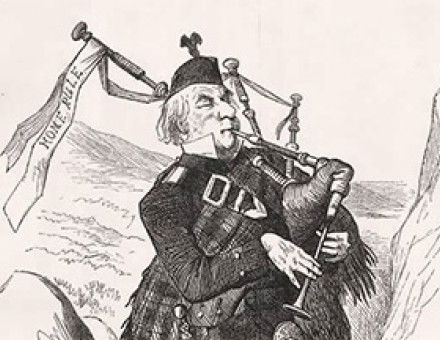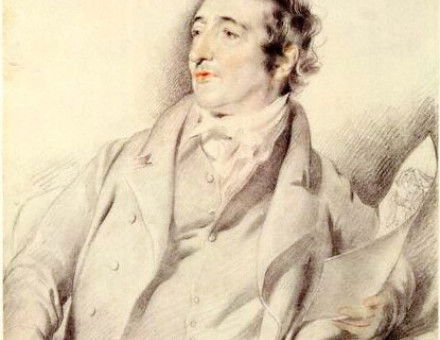The Battle of Navarino
“Perhaps... not the noblest of victories”. This haphazard action, in which the forces of Great Britain, France and Russia destroyed a gallant Ottoman fleet, did much to ensure the achievement of Greek independence. By Robin Fedden.







